Table of Contents
The term “robot revolution” is no longer an exaggeration. As automation and artificial intelligence technologies continue to advance at a rapid pace, AI-powered robots are becoming a more prominent part of our lives. It is not unreasonable to wonder whether we may soon find ourselves competing with robots for jobs.
Work has always accompanied human life. In early human history, people survived by hunting and gathering. Over time, they transitioned through agricultural societies and eventually reached the Industrial Revolution. Through labor, humanity has grown and developed. For some, work is a path to self-realization. For others, it is a burden they cannot easily escape. In this way, work is more than just an activity. It is closely tied to our lives, serving both as a means of livelihood and as a way of connecting with society.
However, in recent years, the pace of AI development has accelerated to an unprecedented degree, and the conversation has begun to shift. These days, it is common to see news stories about AI robots replacing human jobs. Tasks such as moving boxes in warehouses or assembling car parts, which were once handled by people, are now increasingly performed by machines.
This means that the subject of labor is beginning to change. We may be standing at a turning point, where human society moves away from the labor-centered way of life that has continued for thousands of years. This shift is one of the most significant aspects of the robot revolution. Still, while it brings new possibilities, it also gives rise to concerns and uncertainties.
The replacement of human labor by robots is not merely about increasing productivity. It has the potential to completely reshape the structure of life in which people work, earn income, and consume. That is the starting point of the questions we explore in this article.
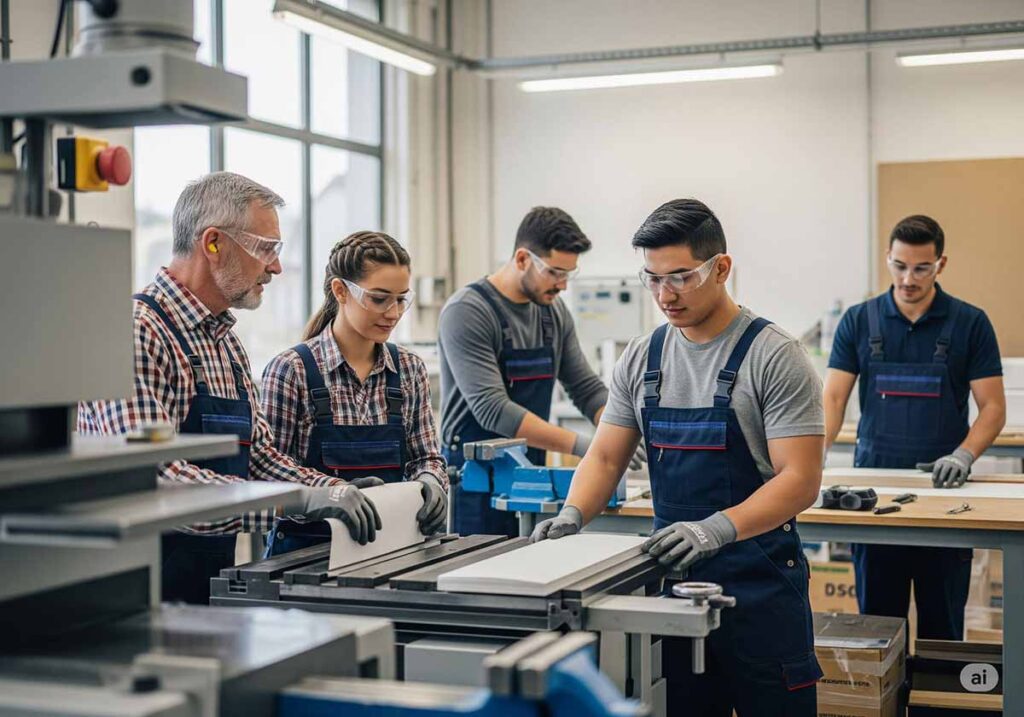
1. A World Without Work
For a long time, we have played two roles simultaneously producing and consuming. We earn income through work and use that money to buy goods and services. This consumption becomes revenue for companies, which in turn leads to the creation of new products and jobs. At the center of this economic system is one key element. It is people. More precisely, it is the working population.
But what if robots start replacing these jobs? As more people lose their positions to machines, there is a growing chance that many will be pushed out of the labor market. Naturally, opportunities to earn income would decline, and as a result, consumption would shrink. If this pattern continues over a long period, the entire economy could slow down. It presents an ironic situation. Technology introduced to improve productivity might end up creating a whole new set of problems.
A society where robots handle most production and people no longer need to work might sound ideal at first. Machines doing the labor while people enjoy more leisure time seems like a win for everyone.
However, the challenge lies in the structure we currently live by. Today, we work to earn money and use that money to consume. If this structure collapses, we may have to live in a completely different way. It might not be a bad change, but it certainly would be very different from the life we are used to.
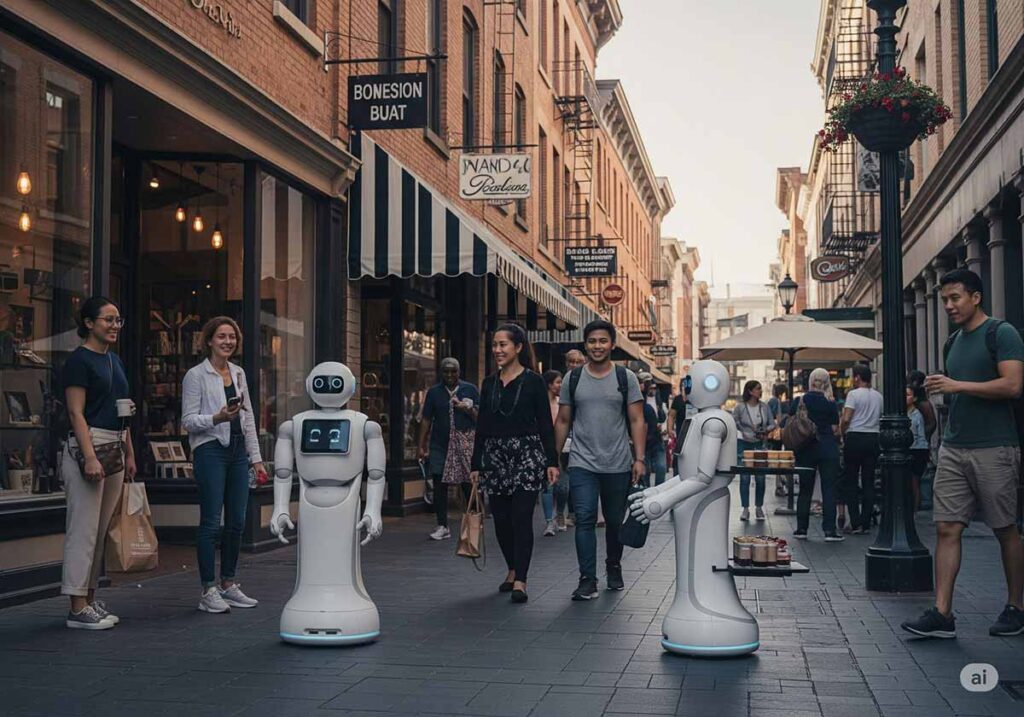
2. In the Age of the Robot Revolution, What Will Sustain Our Consumption?
Imagining such a future naturally brings up another question. If people no longer need to work, is there still a way to sustain consumption?
For example, what if the government introduced a universal basic income program that regularly provides everyone with a fixed amount of money? Even without working, people might be able to maintain a minimum level of consumption. As long as their basic needs are met, the economy might not come to a complete halt. This may sound like a far-fetched idea, but it might not surprise those familiar with Finland’s 2017 trial of a basic income program as a potential response to the coming robot society.
Another scenario is worth considering. What if companies that increased profits through automation paid a “robot tax” instead of traditional labor costs, and the revenue was redistributed to individuals? Admittedly, not all businesses would welcome such a system. Alternatively, regulations could require a certain ratio of human-to-robot employment in specific industries. Among the options discussed, this might be the most feasible compromise.
Of course, all of these are still speculative. They are neither formalized policies nor actively pursued measures. But one thing is clear. Robots are already replacing humans in an increasing number of fields, and this trend is advancing into our daily lives much faster than expected.
If that is the case, then the ideas that once felt purely theoretical may soon become part of the very real questions we must face. As the robot age arrives, the question of what will sustain our economy and society is becoming one we can no longer afford to ignore.
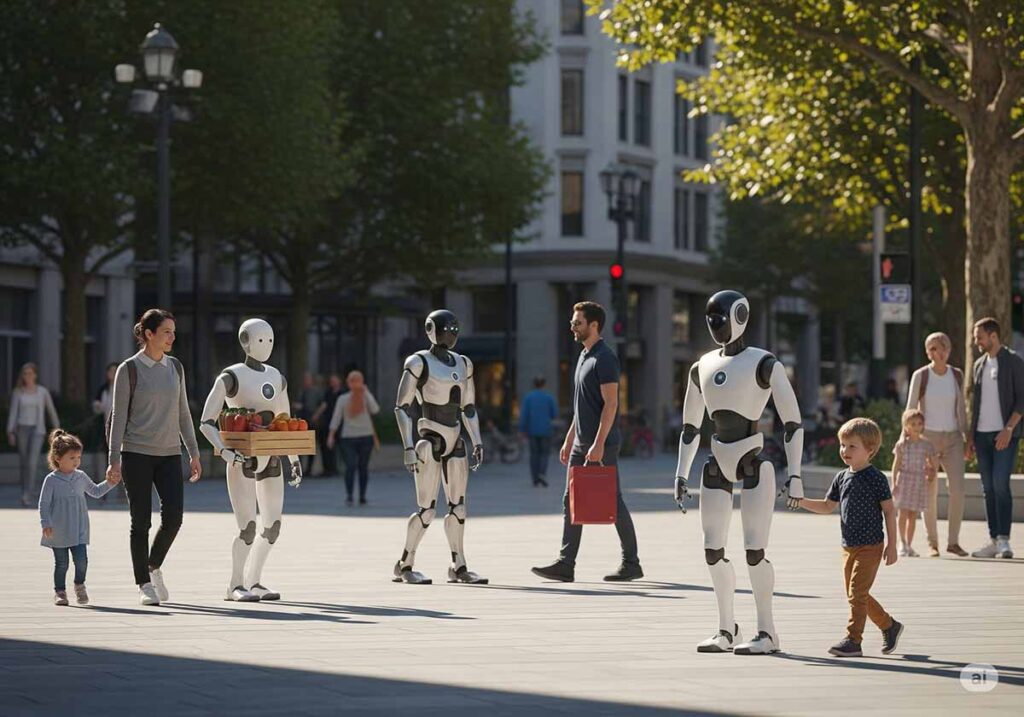
3. Technology Is Not Equal for Everyone
The robot revolution, driven by artificial intelligence, holds the potential to liberate humans from repetitive and monotonous tasks. But at the same time, it may become a force that threatens some people’s livelihoods. For instance, if transportation becomes fully autonomous, roads could become more organized and traffic congestion might significantly decrease. Overall quality of life could improve.
However, along the way, many people who currently work on the road may lose their jobs to robots. Technological advancement is certainly real, but its benefits are not always distributed equally. What becomes an opportunity for some may turn into a threat to survival for others.
Right now, these changes might still feel distant. But AI and robotics are entering our daily lives at a pace we have never experienced before.
Repetitive tasks and calculation-based work have already been taken over by computers for quite some time. And now, knowledge that once stayed confined to offices and servers is being embodied through robots and is beginning to move out into the physical world. This may no longer be a story about the distant future. It could be the reality we will soon face.
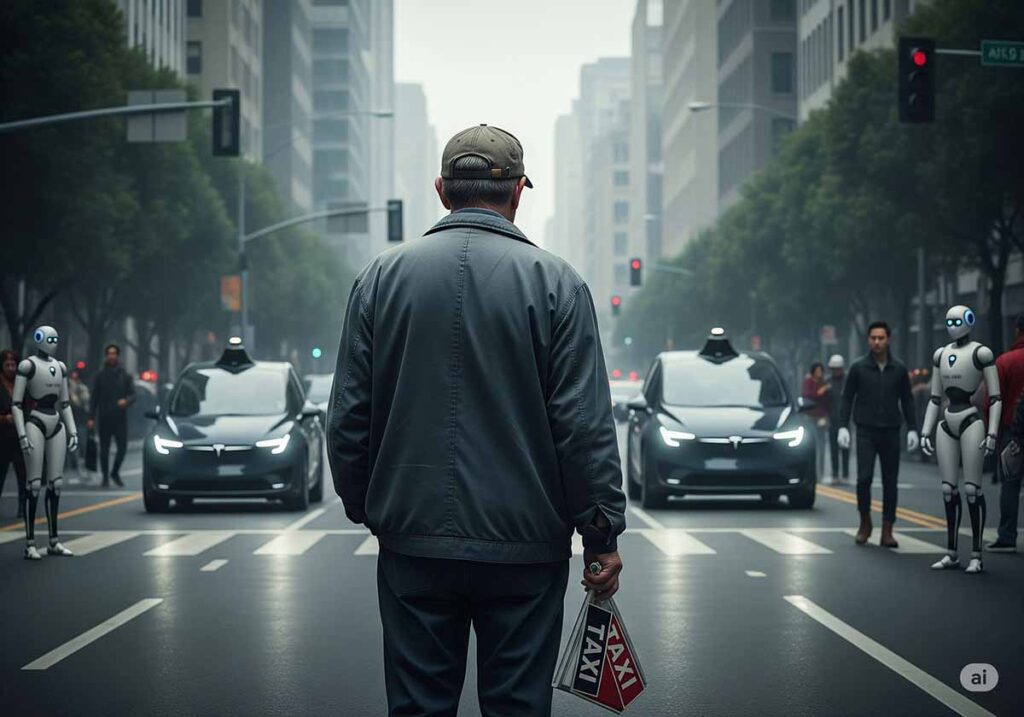
4. What Should We Prepare For?
It is never easy to predict the future with precision. However, the speed at which artificial intelligence and hardware technologies are advancing today, opening the door to the era of the robot revolution, may already be faster than we are ready to handle. That is why preparation is essential. It is not simply about standing at the starting line and waiting for a signal, but about thinking in advance about where we should head and getting ready to move in that direction.
AI and robotics are no longer limited to experts. Just a few years ago, artificial intelligence felt like a distant concept for most people. But today, we use tools like ChatGPT and Gemini in everyday life and work. This trend will likely accelerate further in the coming years.
In such a time, our attitude should go beyond merely using technology. We need to understand how it is built, how it works, and how it may affect our lives. Cultivating this awareness is no longer optional. It has become a form of modern literacy and one of the most essential perspectives for preparing for the age of AI and robotics.
(Reference: Embracing the Rise of Physical AI: Are We Ready for the Robot Era?)
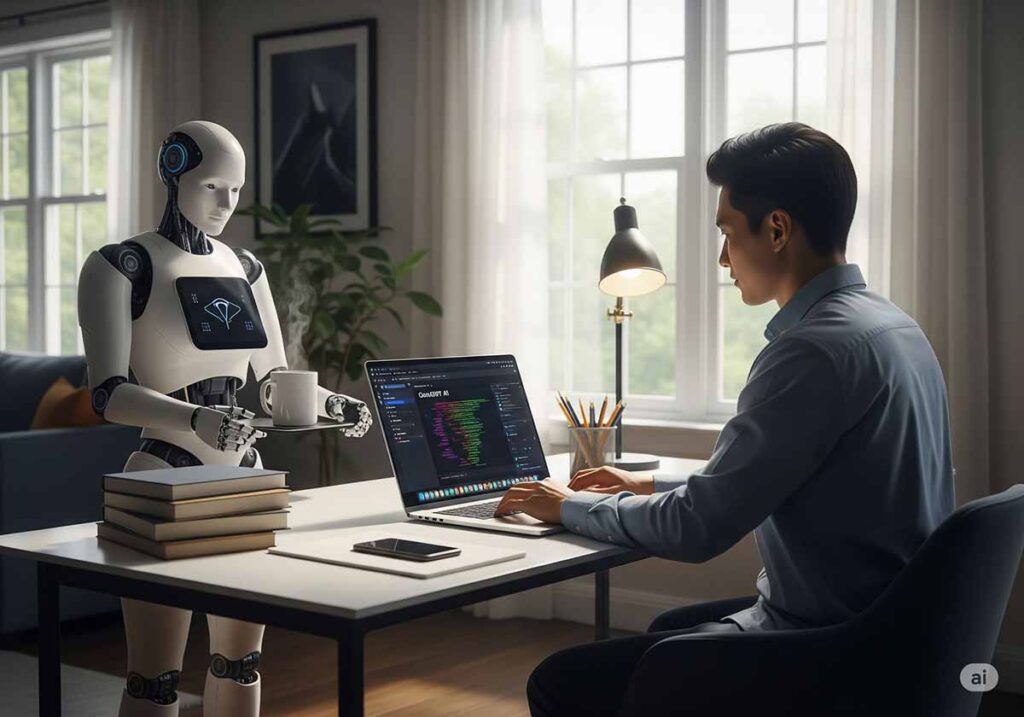
5. Robot Revolution: Losing the Future Without Knowing It
We now stand at the threshold of a time when technology is steadily replacing human labor. While this represents remarkable progress and greater convenience, it could also mean that some individuals may lose their place in society or even the foundation of their identity.
Work has long been more than a means of earning a living. It has been a way to connect with others and affirm one’s role in the world. But as technology outpaces the speed at which humans can adapt, there is a growing risk that some people will be pushed outside the system. The gap between those who can participate in work and those who cannot may go beyond an economic issue and become a broader social challenge.
If we eventually reach a society where labor is no longer required, will people still be able to feel a sense of belonging? Today, the idea of living without the need to work may sound ideal and liberating. But in the not-so-distant future, the ability to work might become a privilege, and simply being assigned a role may itself be seen as a new standard of value.
A society where people no longer need to work might appear abundant on the surface. Yet if more and more people feel isolated within it, what we ultimately stand to lose may not just be jobs, but the very future we once imagined for ourselves.
FAQ
Q1. What is the first major change if robots replace human labor?
The most fundamental change would be the collapse of the structure where people earn income through work and sustain consumption. Our current economic system is based on people working, receiving wages, and maintaining the market through spending. However, if robots take over the work, people may lose opportunities to earn income. This could lead to a decrease in consumption and eventually bring about a crisis in the entire market. That would mark the beginning of the robot revolution era.
Q2. Is a future where we don’t need to work truly an ideal society?
At first, it might seem that way. But over time, the situation may change. As technology advances more rapidly, humans will likely find themselves competing with robots for jobs in an increasing number of fields. If robots eventually take over not only simple tasks but also those that require judgment and creativity, securing employment itself could become significantly more difficult.
Q3. In this competition for jobs with robots, what should we be equipped with?
The issue of robots and jobs is no longer a future concern it is a reality that is already shaping our lives. As robots and artificial intelligence (AI) continue to take over roles once handled by humans, the ability to create new forms of value becomes essential. We need to strengthen our capacity for creative problem-solving and develop skills that allow us to work alongside AI rather than compete against it. In the era of robots and jobs, those who adapt by building collaborative and human-centered competencies will be better prepared to thrive.
Q4. Will the benefits of the robot revolution be equally shared by everyone?
No, they won’t. Technological advancements can create opportunities for some, while threatening the livelihood of others. For example, the commercialization of autonomous driving may make transportation more efficient, but it could also eliminate a vast number of driving-related jobs. While technology itself may be neutral, how it is designed and applied and for whom is entirely a social decision.
Q5.What should we prepare for the future in the era of the robot revolution?
We must go beyond simply ‘using’ technology and develop the ability to understand how it is made and what impact it can have. Artificial intelligence and robotics are no longer the exclusive domain of experts. Being able to critically examine technology, recognize its flaws, and interpret how it affects us personally will help us maintain stability and purpose in the future.
